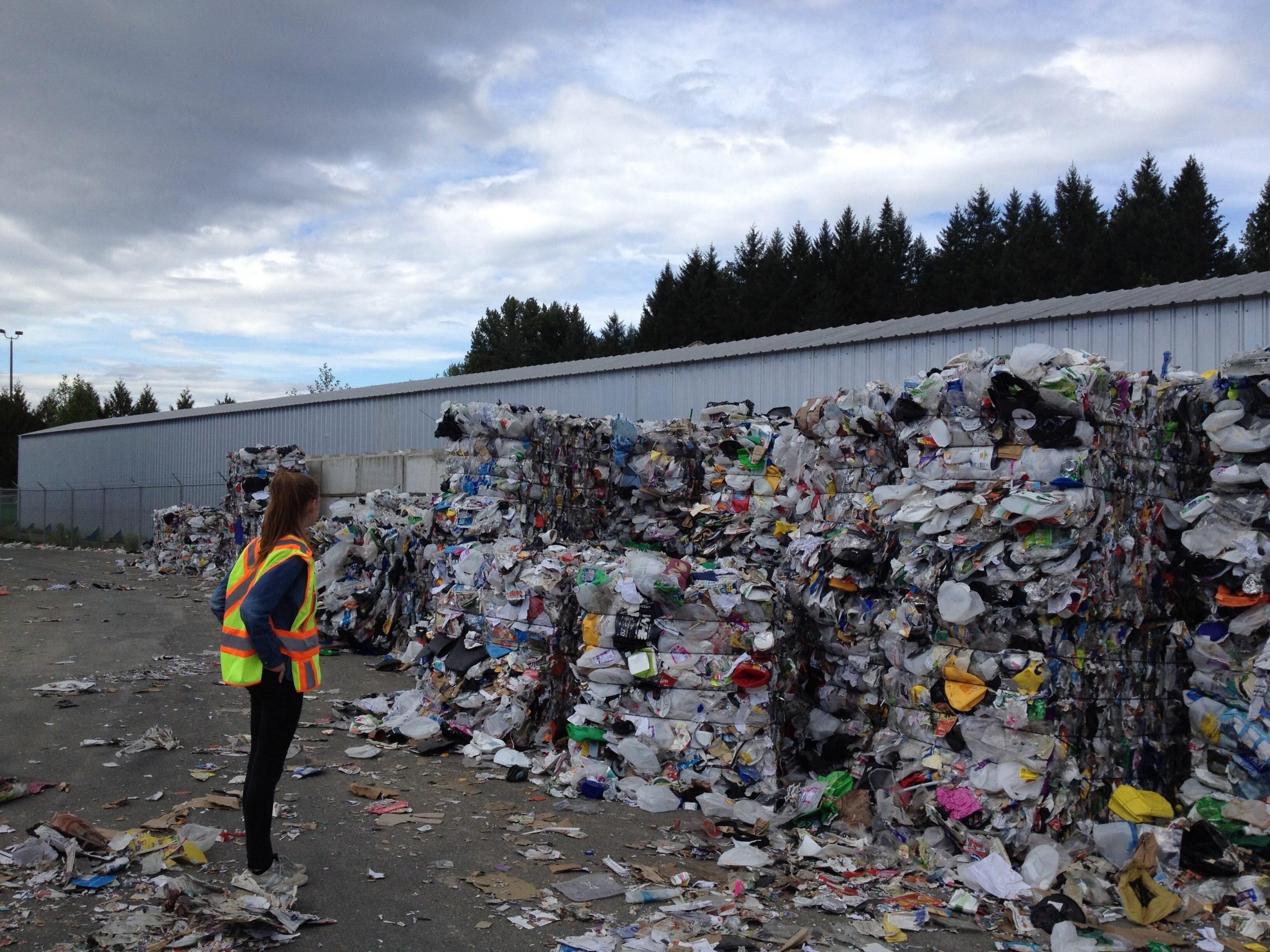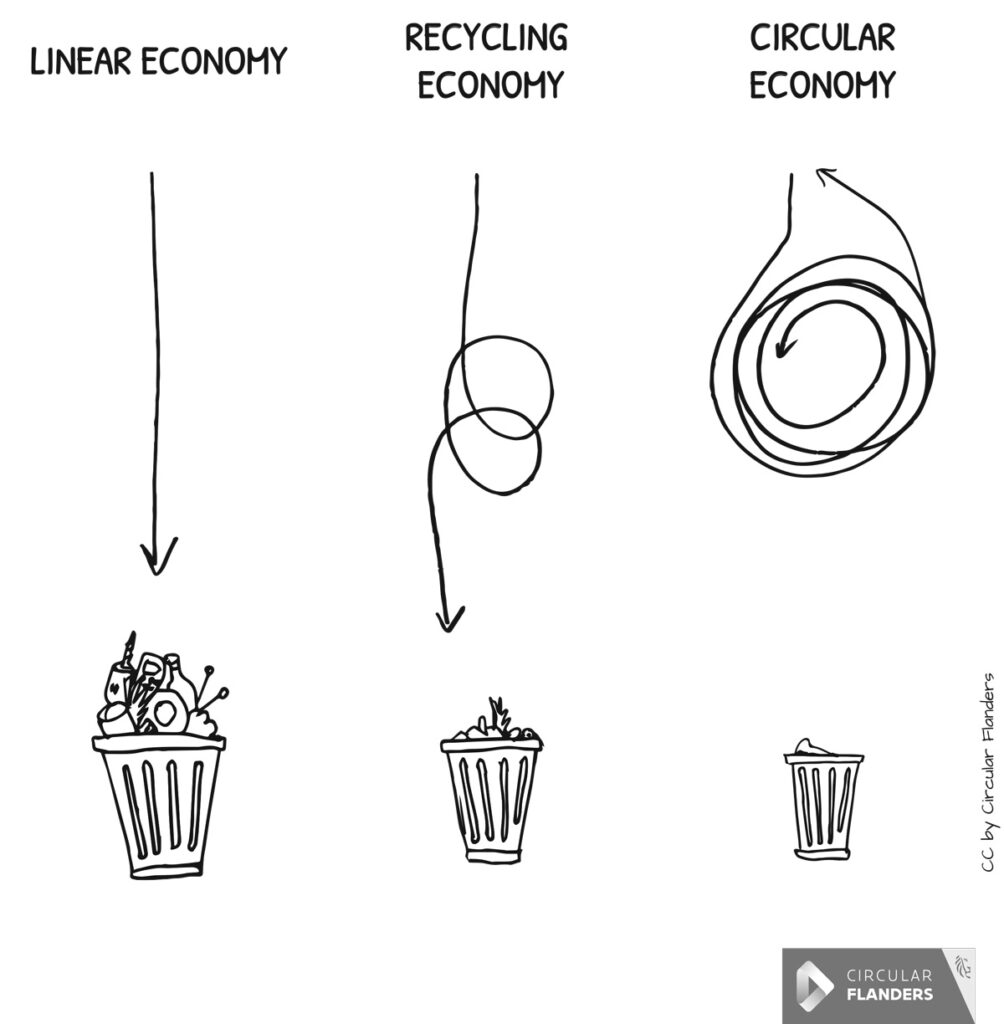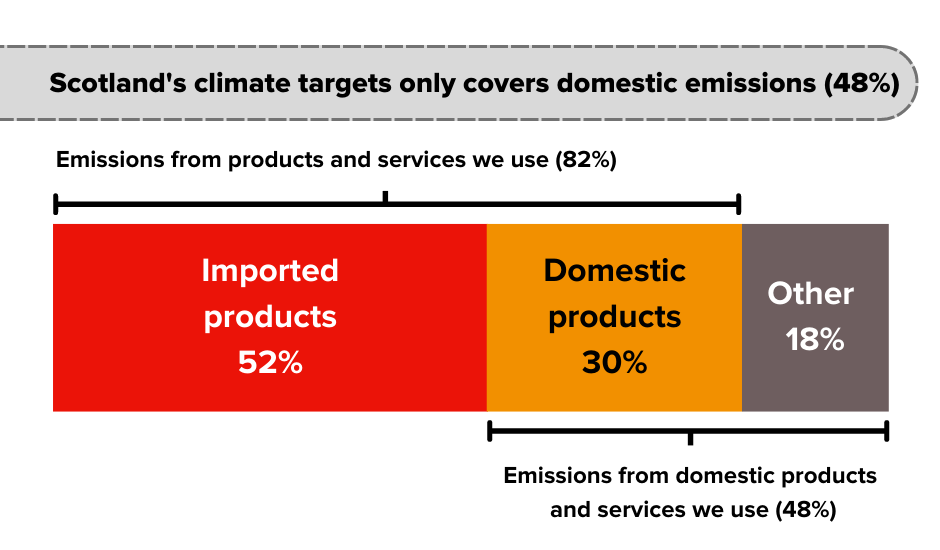
Fed up of excessive waste and plastics?
82% of our carbon emissions in Scotland come from the products we buy and services we use, so using fewer materials is key to reducing our climate impacts. We need to value the materials and products we use and keep them in our economy for as long as possible to reduce the amount we need to take from nature.
If you shop second hand, wrap your sandwiches in wax paper or repair your electrical items, you are helping to fight against the throwaway culture we have in Scotland.
But while we can all do our bit, there are things that are harder for individuals to influence – like whether a product can be recycled, how our buildings are made or what happens to our waste materials. To really change our systems those in power – our governments and councils need to show leadership; and producers and retailers must be made to take action.
We need to move from the linear economy we have currently, where resources are extracted from nature, turned into products, used (sometimes only once) then thrown away, to a circular economy.

We know a person can live a sustainable, high quality lifestyle on eight tons of materials per year. But in Scotland on average we use more than double this. Whilst it is important we make sustainable choices as individuals, changing the system will have a bigger impact. Moving to a circular economy is the best way of reducing our material consumption while meeting our climate goals.

After years of delay, the Scottish Government is looking for our views on its proposed new circular economy law, which aims to transform the way we use materials. The law includes plans to improve recycling services, promote more reuse in our communities and a ban on unsold goods being dumped in landfill. New targets to ensure Scotland takes responsibility for the impacts of its consumption of materials globally will also be vital to making the law effective.
We have a small window of time to influence the outcome of this law and we need your help to do so. Our current economic system, built on the idea of unlimited growth, is driving climate breakdown and leading to global material supply disruptions – it can’t go on. We must reduce our reliance on new materials by changing our economic consumption patterns.
Over the next few months, we will be working hard to ensure the circular economy law is as strong as it can be. We’ll be meeting with MSPs to challenge the possible gaps, engaging the media and joining with our allies in getting as many people as possible to make share their views so the Scottish Government hears our message loud and clear.
This is our best chance to directly affect the way Scotland uses materials and resources which could significantly reduce our impact on the planet and those being most affected by climate breakdown.
Main image credit: John Seb Barber
